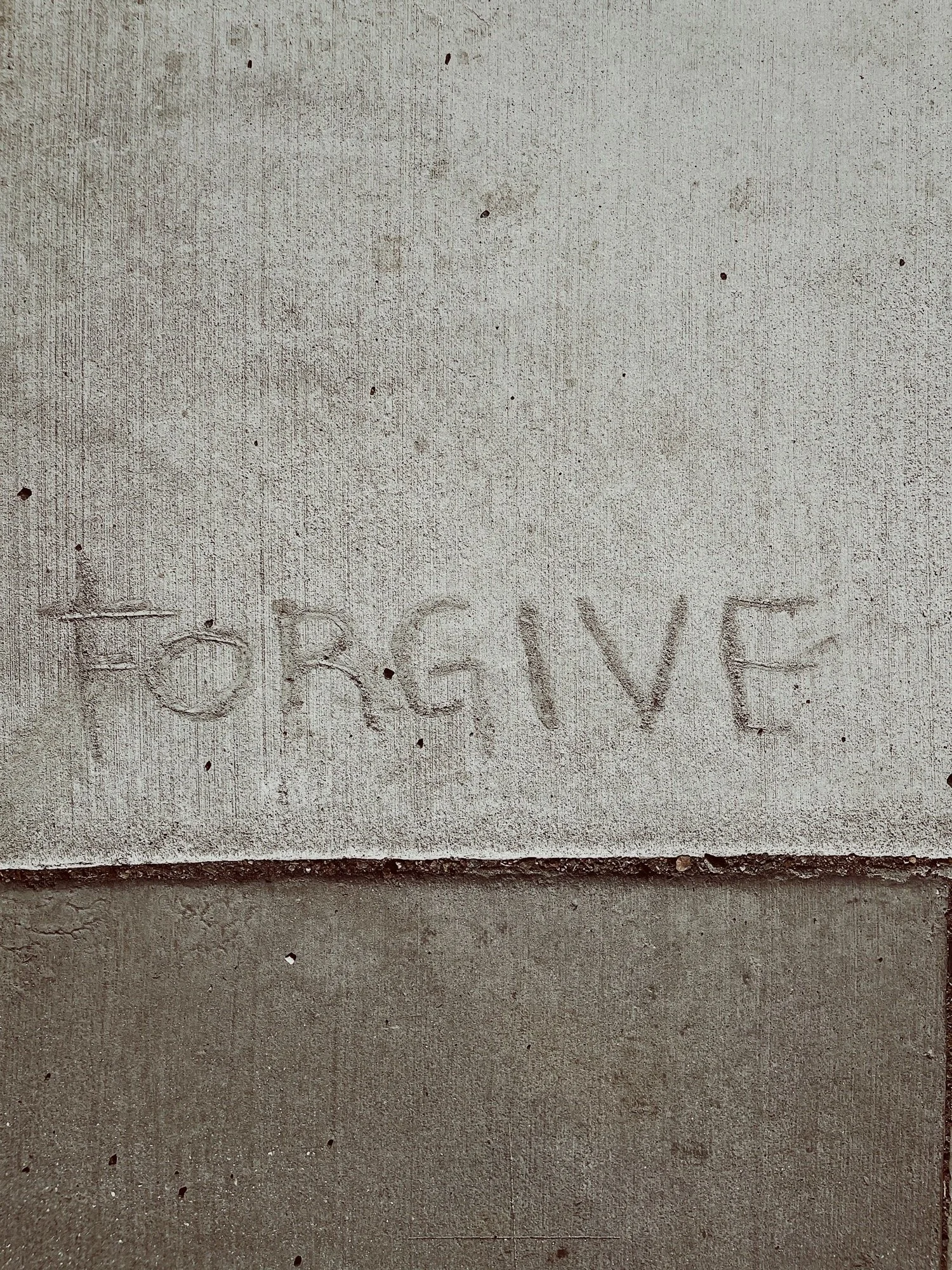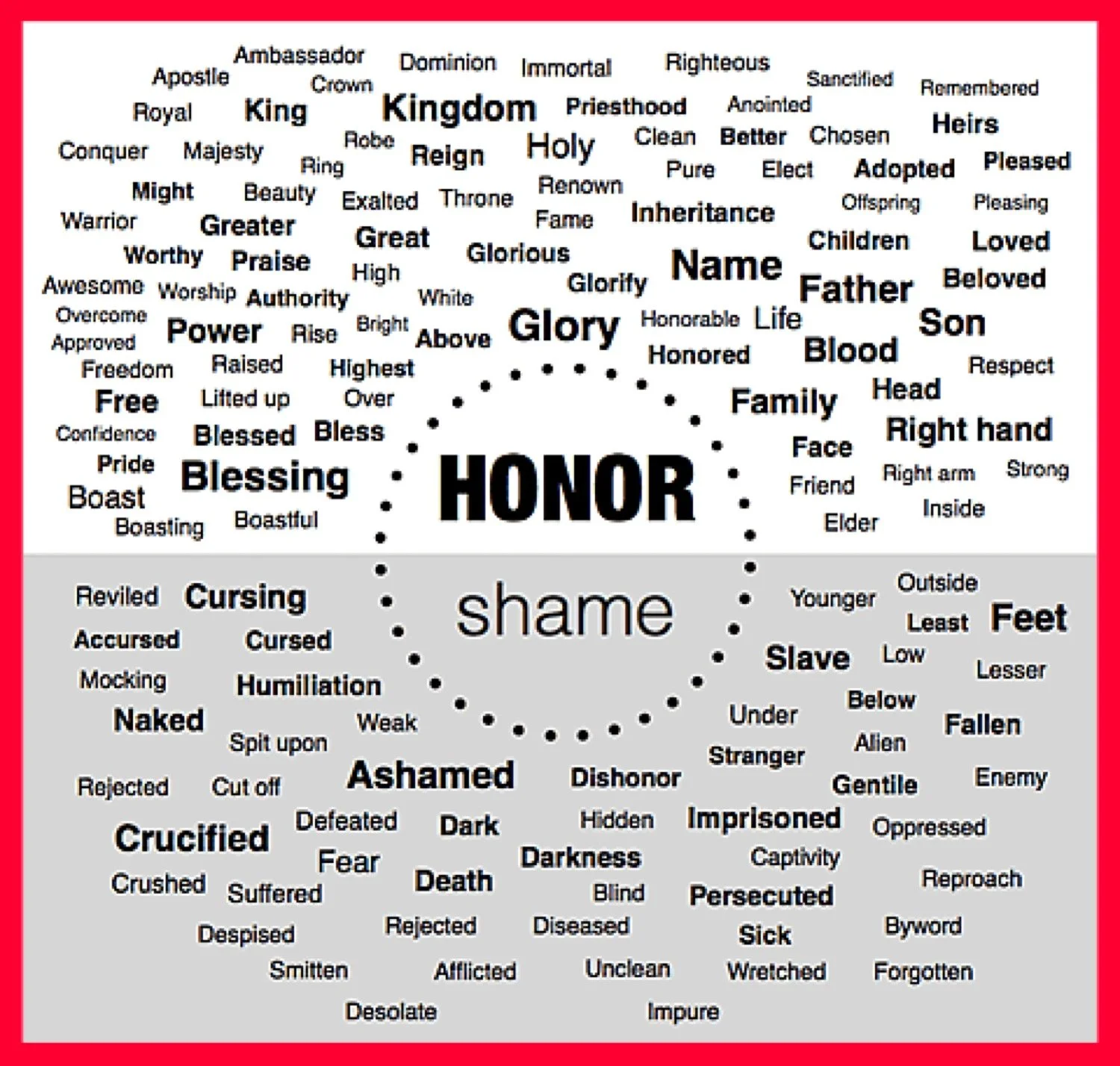Readings for today: Psalms 32, 86, 102, 103, 122
This morning I found myself so thankful for the forgiveness and grace of God. It’s overwhelming. Reading the Psalms, especially Psalm 103, touched my heart. Perhaps it’s because I know the depths of my own sin. I know how my mind wanders. I know how my heart fails. I know how self-indulgent I can be. Selfish and self-absorbed. I know my cynicism. I know how easy it is for me to catastrophize. I know how quick I am to assume the worst about people and the worst about life. I have to battle these things on a regular basis. Thankfully, not every day. Thankfully, the Holy Spirit has sanctified me to a certain point but that work is clearly ongoing.
At the same time, I believe. My faith in Christ has never been stronger. My trust in God never greater. My gratitude for all God has done for me is daily at the forefront of my mind. It’s why I love reading and re-reading the Psalms. They keep my focus where it needs to be. God is faithful. God is good. God is gracious. God is merciful. God is loving. God is forgiving. God never fails. He forgives all my sin. He heals all my diseases, if not in this life then in the next. He redeems me from the grave. He sets me at His side and crowns me with faithful love and compassion. He satisfies me completely. He renews my strength every single day. God’s faithful love cannot be measured. It is as high as the heavens are above the earth. His forgiveness has no limits. It is as far as the east is from the west. The gift of His righteousness is infinite. It is from eternity to eternity. And this is why I bless the Lord. I cannot begin to count up all His benefits for me.
Many feel like they have to hide their sin. Many go through life weighed down by a burden of guilt and shame. Many feel they can’t be honest with themselves much less those they love much less God. But the words of the Psalmist reminds us there is no end to God’s love and grace and mercy and compassion. And this provides a deep sense of safety and security when we come before the Lord for He sees us. He knows us. And He loves us. There is nothing that can make Him love us any more or any less than He does right now, in this moment, even as you read these words. We can tell Him anything. There is nothing that will make Him turn His face away. We can share the deepest, darkest Let his Spirit sanctify you, heal you, strengthen you, and make you whole.
Readings for tomorrow: No devotionals on Sundays




